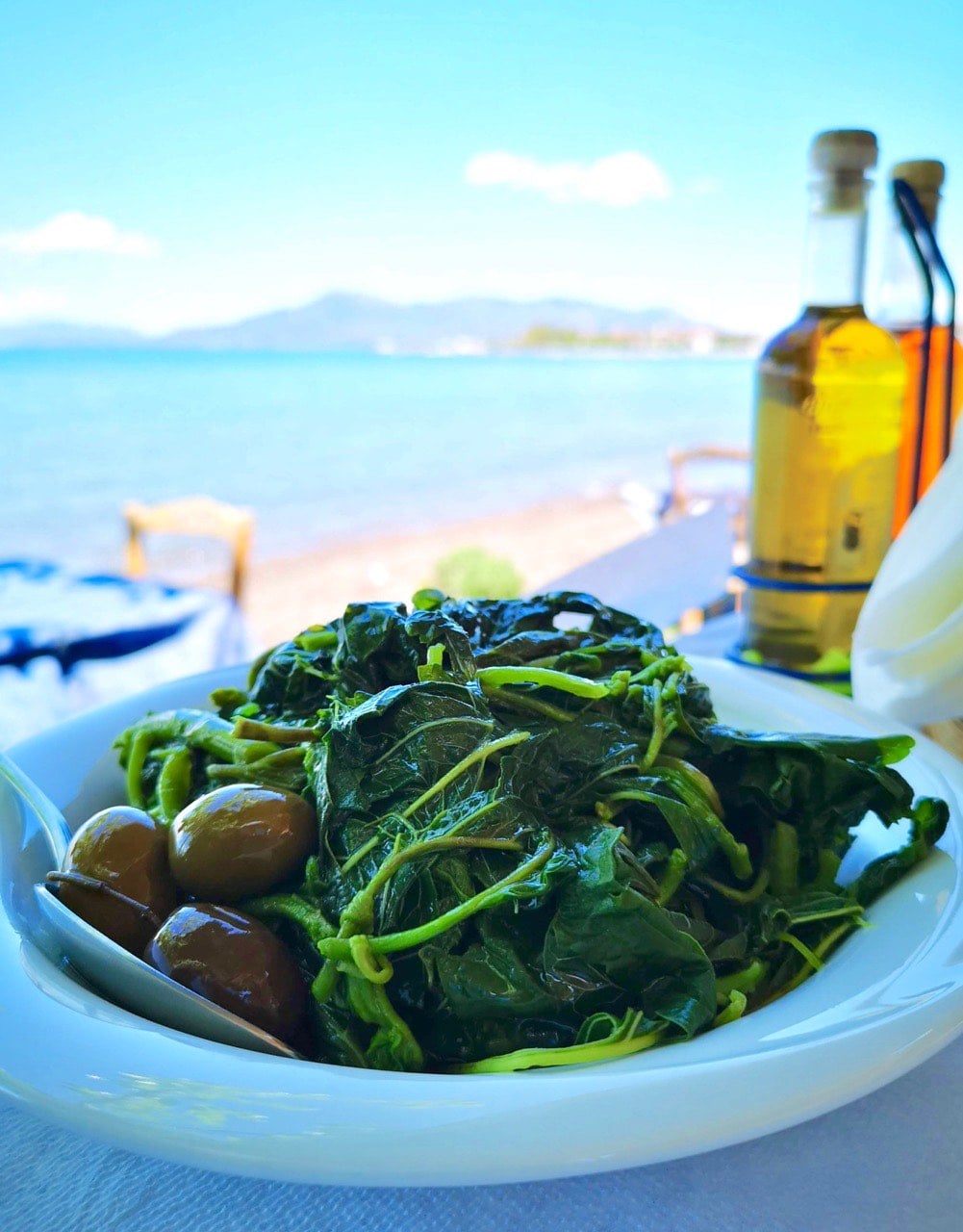Mediterranean Diet Against Depression: What to Eat and What to Avoid
The Mediterranean Diet may protect from depression according to new research.
New research from University College London shows that a Mediterranean Diet may be a factor in the prevention of depression. The researchers reviewed 41 studies and found a robust association between both higher adherence to a Mediterranean diet and lower adherence to a pro-inflammatory diet and a lower risk of depression. In other words, following a Mediterranean diet that is rich anti-inflammatory foods such as fruit and vegetables while avoiding pro-inflammatory foods such as processed meat is associated with a lower risk of depression.
How can food affect our mood?
There are several complex ways in which food can play a role in depression and a few factors have been proposed. Researchers note that our diet can cause damage to our brain through oxidative stress, insulin resistance and inflammation. Protection from oxidative stress through food can reduce damage to our neurons. The researchers add that there is also emerging evidence that shows that the relationship between the gut and brain plays a key role in mental health and that this axis is modulated by gastrointestinal bacteria, which can be modified by our diet.
Top 10 Mediterranean Anti-inflammatory Foods
These foods have been shown to reduce the risk of inflammation. The plant sourced foods are rich in antioxidants and polyphenols, while the omega-3 fatty acids in fatty fish also fight inflammation.
1. Extra Virgin Olive Oil
Aim for at least 3 tablespoons a day. Use it in cooking, on salads and baking
2. Spinach and Greens
Use it I salads, traditional savory pies or lightly boiled served with olive oil and lemon.
3. Sardines
4. Oranges
Prefer eating the whole fruit rather than the juice.
5. Walnuts
have them as a snack or with yogurt, in salads, in cereals.
6. Tomatoes
Use fresh when in season or puree. Canned is ok.
7. Cauliflower
8. Lentils
9. Garlic
Add it in your cooking and in salad dressings
10. Oregano
Has one of the highest antioxidant activity among herbs. Add it to salads, vegetables and meat.
Foods to avoid: Pro-inflammatory foods
It is not enough to just eat anti-inflammatory foods but to avoid foods that cause inflammation. These include:
- Refined carbohydrates such as white bread, cookies, crackers, chips, cereal bars, ready made cakes.
- Soft drinks/soda
- Vegetable and seed oils such as soy, sunflower, corn, cottonseed, safflower (not olive oil, olive is a fruit). Margarines.
- Processed meats including cold cuts, luncheon meats, bacon.
Photo by Elena Paravantes © All Rights Reserved


Cannot wait for your newsletter and have thoroughly enjoyed making almost all of the dishes. In Johannesburg I cannot find “xortha’ and to get seeds to plant this vegetable is near impossible. I also do not know many Greeks in my suburb who might have the seeds. Our lockdown was abnormally long and spending time at home trying out all your recipes kept me sane.
Wishing you all the best for the Festive season and please stay safe.
Thank you Barbara! Horta is a term that refers to all greens even spinach or arugula. You can consume that and count it as greens. Happy Holidays!
Hello! I’m curious about your reaction to high-oleic safflower oil, which is almost entirely monounsaturated. It’s completely flavorless, unlike the other seed oils, and doesn’t seem to turn rancid ever . . . do you think it’s ok in moderation?
I love that you have added information on anti-inflammatory foods. It was great to click onto your website and know that there would be more in depth information about how to improve your lifestyle in light of this study. I was suprised to see this study also made its way into The Australian Newspaper https://www.theaustralian.com.au/life/mediterranean-diet-may-help-prevent-depression/news-story/0f3632a40afb996bfe57d14aaea07205
Thanks for providing a great guide to The Mediterranean Diet as always!
Felice Jacka PhD out of Deacon University in Australia was one of the first to find a correlation between mental health & Mediterranian diet.
Thank you for the link Averil and the info Linda!